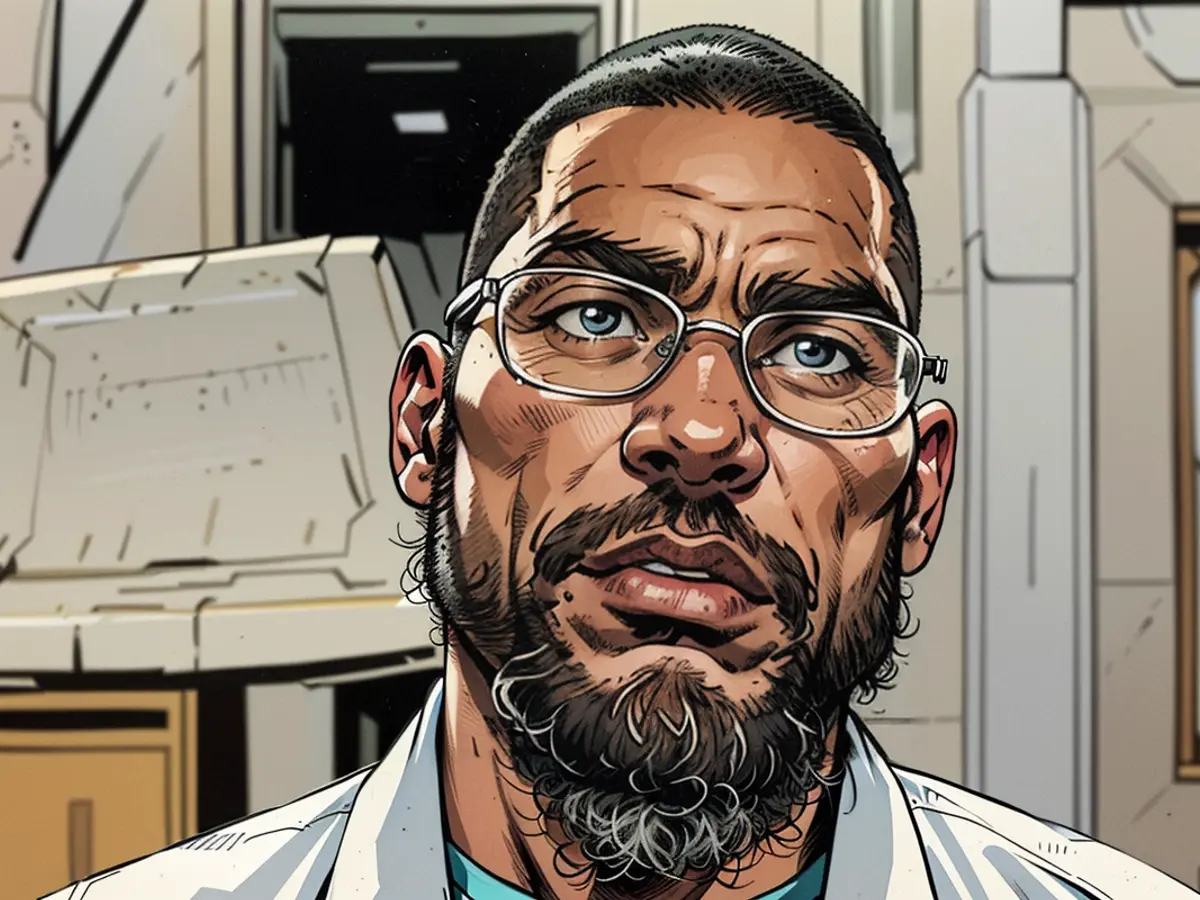A condemned prison inmate from Missouri is scheduled for execution today, persistently asserting his innocence and endeavoring to annul his conviction.
Fifty-five-year-old Williams, who has maintained his innocence in the 1998 murder of Felicia Gayle, a former journalist, faces execution by lethal injection on Tuesday at 6 p.m. CT in Bonne Terre's state prison, unless the U.S. Supreme Court intercedes.
The scenario raises concerns about potentially executing an innocent person, a potential pitfall of capital punishment. Approximately 200 individuals sentenced to death since 1973 have subsequently been exonerated, with four incidents occurring in Missouri, as per the Death Penalty Information Center.
The NAACP and the Council on American-Islamic Relations have appealed to Missouri Governor Mike Parson to halt Williams' execution.
Missouri Supreme Court declines last-minute reprieve
Over the weekend, Williams' lawyers and St. Louis County Prosecuting Attorney Wesley Bell submitted a joint plea to the state Supreme Court, asking it to reassess Bell's January motion to overturn Williams' 2001 conviction and sentence in a lower court, due to prospective DNA testing that could potentially clear Williams as the murderer's culprit.
However, the St. Louis Prosecuting Attorney's Office, responsible for Williams' 2001 trial, argued in the January motion that DNA testing of the murder weapon could exonerate Williams. Unfortunately, new DNA testing results revealed that the weapon had been mishandled, contaminating the evidence intended to exonerate Williams, and further complicating his attempt to prove his innocence.
During Monday's hearing, the Missouri Supreme Court declined to halt Williams' execution.
The Supreme Court ultimately decided not to halt the execution because the prosecutor failed to supply tangible and compelling evidence beyond a reasonable doubt of Williams' actual innocence or constitutional error during the initial criminal trial that undermined the court's confidence in the initial judgement and sentence, as stated in the court's opinion. Consequently, the motion for a stay of execution was dismissed as invalid.
"Mr. Williams has exhausted all due process and available judicial remedies, including over 15 hearings to argue his innocence and overturn his conviction," Parson stated in a statement post-decision.
The jury at the trial, as well as the appellate and Supreme Court levels, had never declared Williams innocent. His guilt and the death penalty sentence were affirmed by all courts. Parson has expressed no doubt of Williams' innocence, and as a result, the punishment will be carried out as ordered by the Supreme Court.
Williams' attorney, Jonathan Potts, claimed during Monday's hearing that a prosecutor during the trial intentionally removed a potential juror "because he was a young Black man with glasses."
However, the Missouri Attorney General's office refuted this claim, asserting the trial prosecutor rejected the potential juror not due to his race.
In her statement promoting intervention, Tricia Rojo Bushnell, Williams' lawyer, declared, "Missouri is about to execute an innocent man, a situation that raises doubts about the entire criminal justice system's legitimacy."
Williams, Bell, and allies will continue to campaign to save Williams' life, as Bell asserted.
"Regardless of one's stance on the death penalty, when there is a lingering doubt about any defendant's guilt, the execution of an irreversible sentence should not be an option," Bell said in a statement.
On September 18, less than a week before the scheduled execution, Williams' team submitted a petition for clemency to the US Supreme Court, arguing that due process rights were violated during his years-long battle for survival.
Williams' lawyers noted that former Missouri Governor Eric Greitens momentarily halted Williams' execution and established a panel to examine his case and determine his eligibility for clemency.
"The tribunal examined Williams' case for the following six years – right up until Governor Michael Parson indefinitely terminated the process," the lawyers wrote.
Parson's subsequent decision to revoke Williams' stay of execution and deny him his constitutional rights through due process was contested by his legal team.
The day before the execution itself, Williams' team also asked the US Supreme Court to postpone the execution due to alleged racial bias during jury selection.
The case has pitted Bell, running as a Democrat for Congress, against Republican state Attorney General Andrew Bailey, facing reelection. Bailey opposed Bell's January motion, saying that the new DNA test results were insufficient to exonerate Williams.
Bell's office announced an agreement with Williams in late August, providing for an Alford plea of guilty to first-degree murder and a subsequent life sentence, with the court's approval and the Gayle family's consent. However, the state Attorney General's office challenged this accord, and the state Supreme Court blocked it.
CNN's Dakin Andone and Lauren Mascarenhas contributed to this report.
Despite the ongoing efforts from Williams' legal team and advocacy groups, the execution proceeded as scheduled. The U.S. Supreme Court did not intervene, and as Parson stated, Williams had exhausted all judicial remedies.
Given the circumstances, it's crucial for us to continue examining the case and ensuring that justice is truly served.








